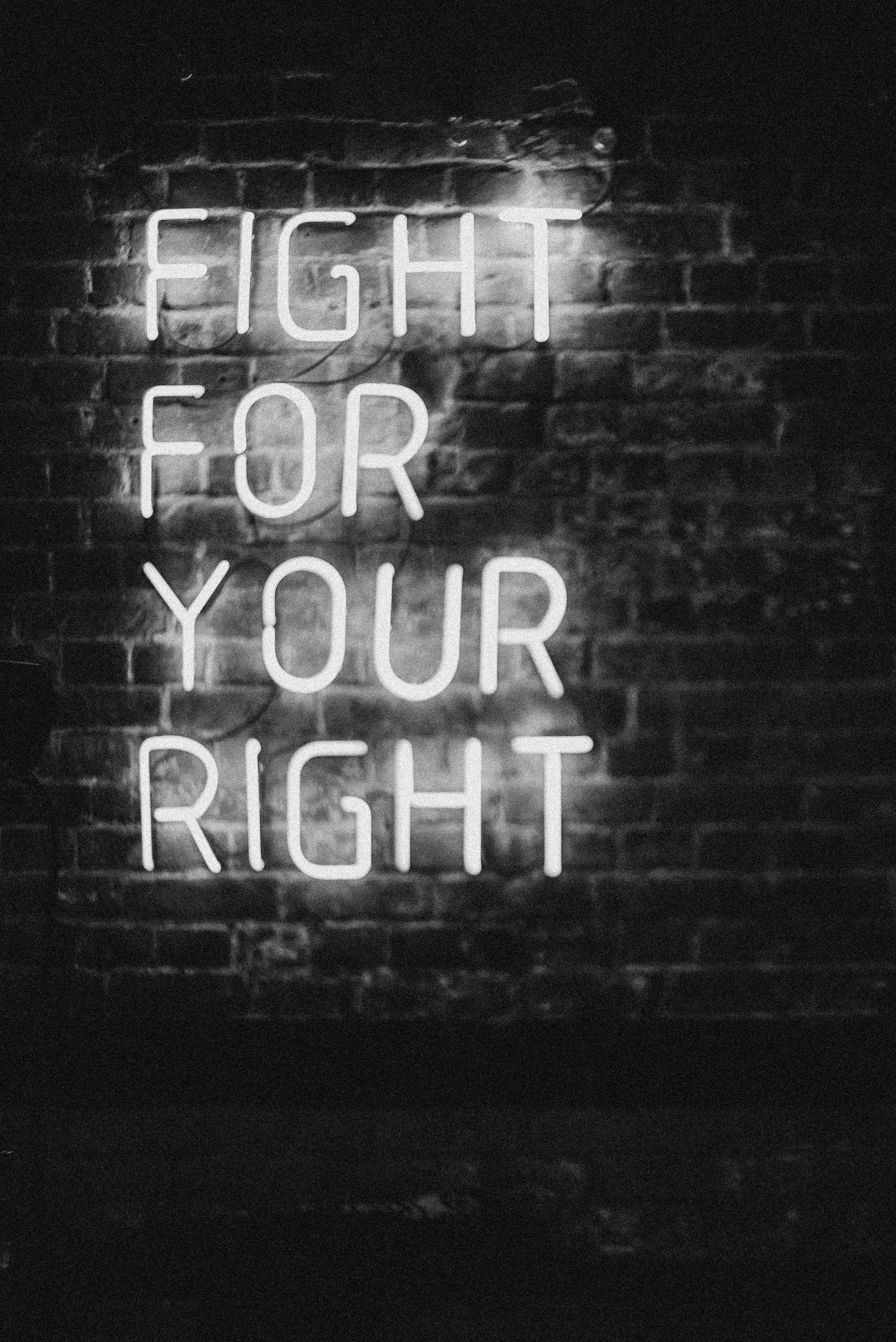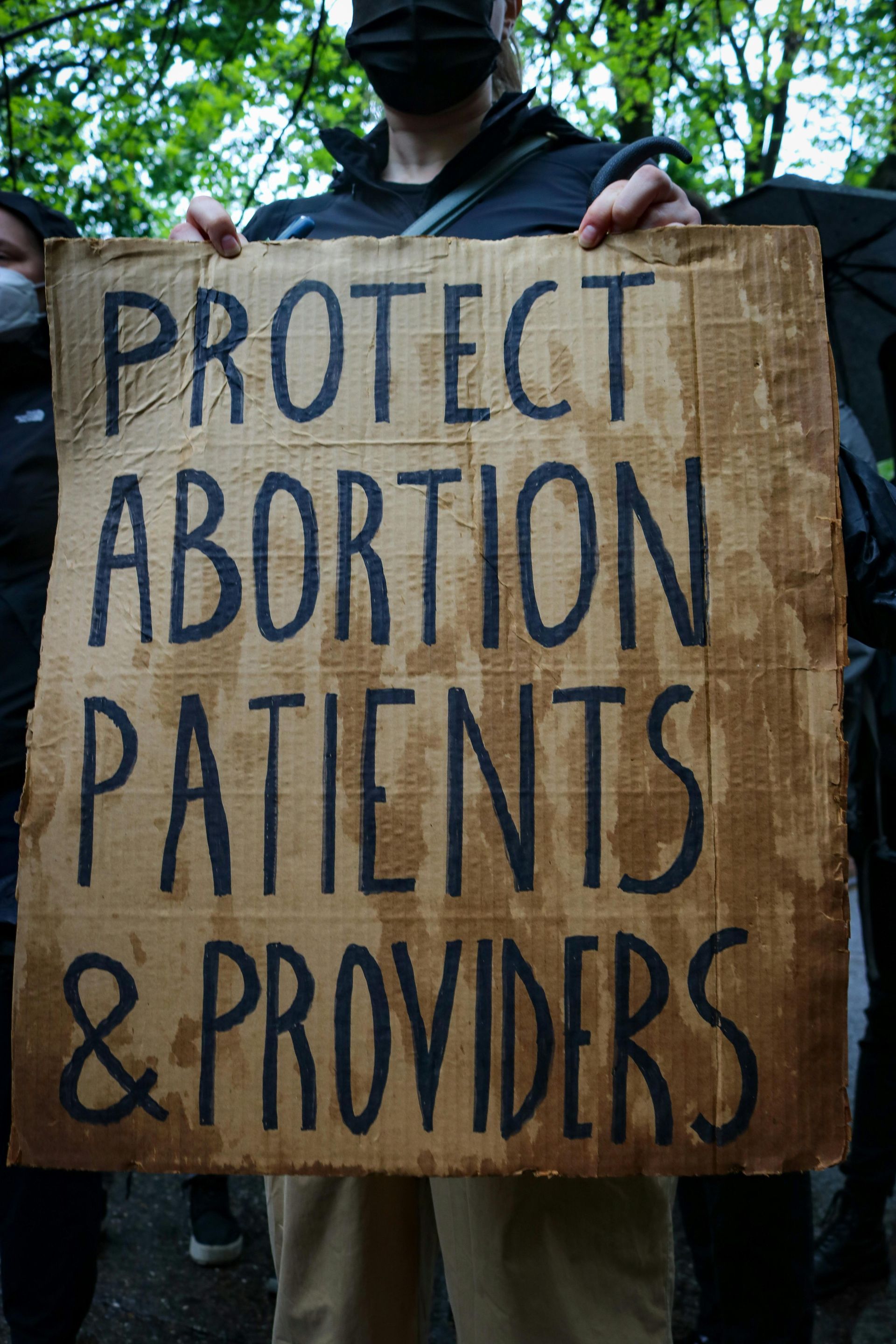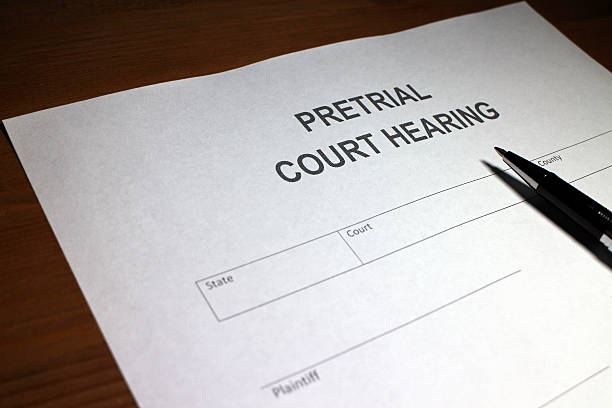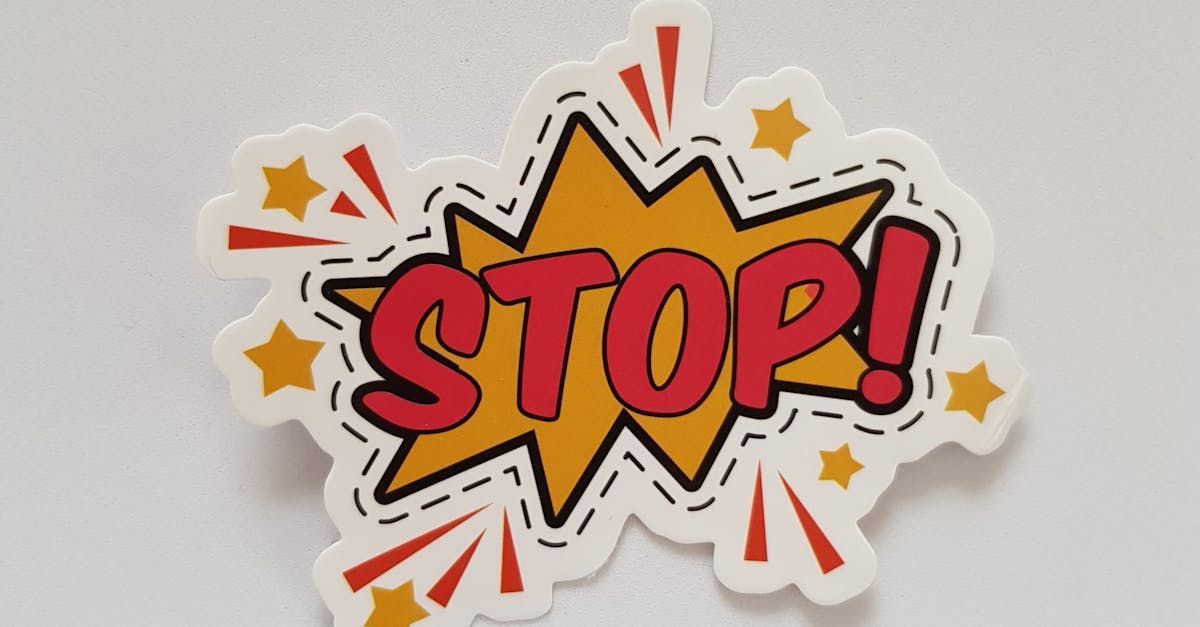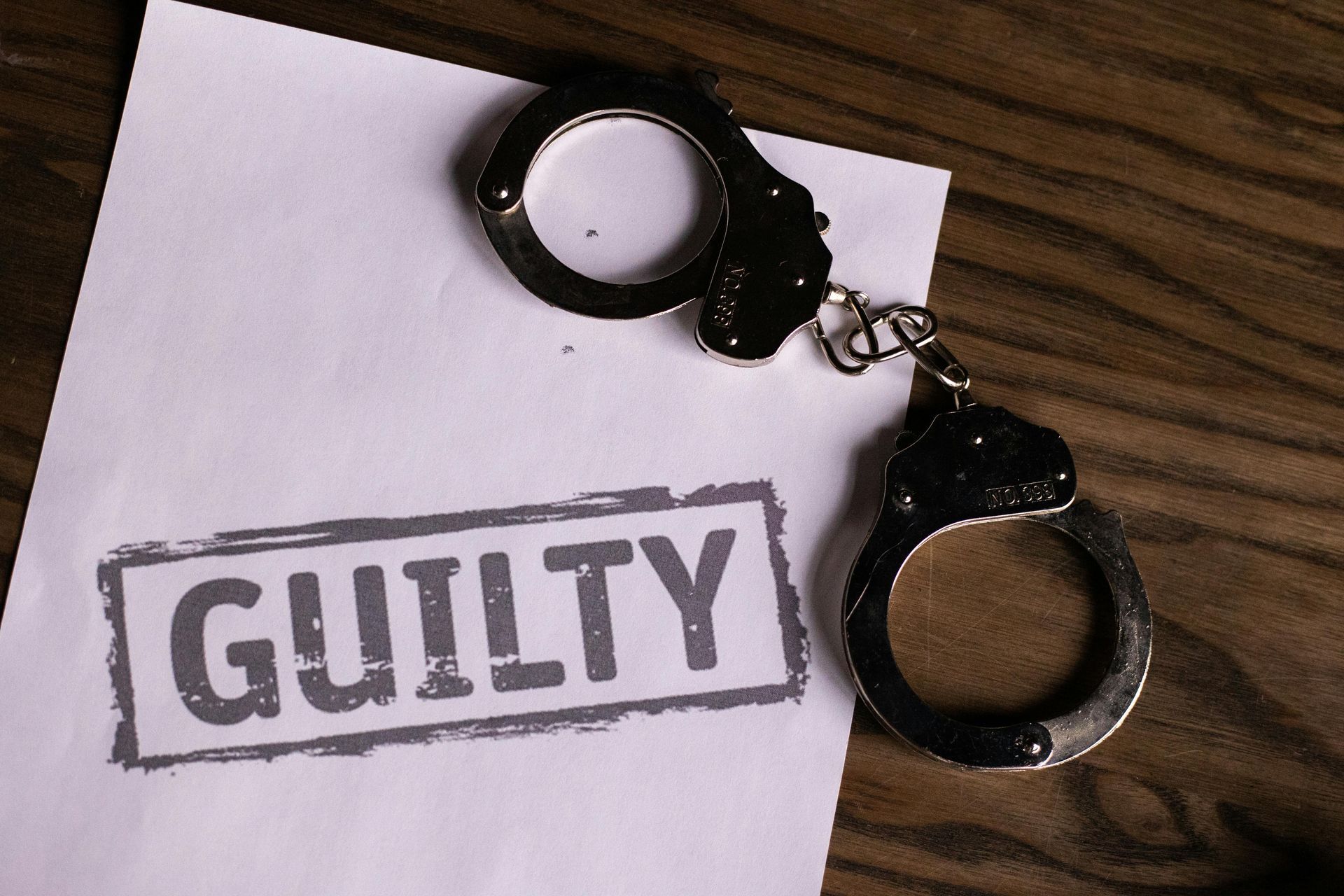What is a Pretrial Conference in Indiana?
Initial Hearing and Pretrial Conferences
Initial Hearing and Pretrial Conferences
You may be concerned about your future if you have been charged with a criminal offense in Indiana. As you prepare to defend yourself in court, it's critical to know what to expect from the pre-trial process so you can be more prepared.
What to Expect During the Indiana Pretrial Process
A pretrial conference is held to determine if there are any motions that need to be ruled on, make sure the prosecutor and the defense attorney have exchanged appropriate documents, and basically make sure that everyone is on track for the trial. Many times pretrial conferences are handled by conference calls; however, some judges require a formal pretrial conference at which the defendant is required to appear. The victim does not need to appear.
As a result, you should choose an attorney who is willing to involve you in the pretrial process at every stage. With that in mind, here's a general outline of what to expect throughout the Indiana pretrial phase.
The First Hearing
After being charged with a crime in Indiana, you must appear before a judicial officer in the county where you were arrested, according to Indiana Code 35-33-7-1. This is usually within 48 hours. However, weekends and holidays are not included. This is called the Initial Hearing.
The initial hearing will be your first appearance in court. You can enter a not guilty, or guilty plea if you already have an attorney. If you do not have a lawyer, however, the court can inform you of your right to have one appointed to you.
The judge will also determine whether or not to issue bail at the initial hearing. If bail is granted, your lawyer can talk to your family or friends to help pay your bail. Then you can return home and begin planning your defense with your attorney. You may be detained in jail until your trial begins if bail is not granted.
Discovery
After you've submitted your plea, the process of discovery begins. Your lawyer will ask for copies of all the prosecutor's evidence against you at this point. An experienced criminal defense attorney will use every preliminary hearing to advance your case. The following are some of the most prevalent types of evidence used in criminal proceedings in Indiana:
● Copies of police reports
● The prosecutor’s list of witnesses
● Physical evidence to be used against you
● Statements from witnesses and any alleged victims
● Other forensic evidence
The prosecutor is required by law to give your counsel the information they intend to use against you in any case and even evidence that may be exculpatory. Exculpatory evidence is frequently advantageous to defendants and can help them build a stronger defense.
Depositions, which are recorded statements made under oath by potential witnesses in your case, may also be taken by your lawyer. These can be useful instruments in bolstering your defense strategy.
During the discovery phase of the pre-trial phase, whatever evidence your counsel intends to utilize to defend your case must also be given over to the state's prosecutor.
Investigations in Advance of Trial
While the state is examining your discovery, new evidence may be required to aid your defense or the state's case against you. Both parties will conduct investigations and acquire evidence to back up their claims in court.
Speaking with prospective witnesses, acquiring forensic evidence, submitting evidence to experts to authenticate the findings, obtaining images and video footage, and more are all important components of the investigation process.
Pretrial Motions
Your lawyer can file pretrial motions before your case gets to trial. The prosecutors attempting to bring evidence that should not be allowed at trial is more prevalent than you may believe.
This is common in cases where evidence was obtained improperly through a search warrant. This type of evidence cannot be used against you in court. Therefore, your criminal defense lawyer can file a pretrial motion to have it suppressed.
Motion to Dismiss
Your lawyer can file a motion to dismiss the case. Attorney Nicholson has filed a motion to dismiss, and the court has granted it. He has had many criminal cases get dismissed before they even go to trial.
Plea Bargaining
You may be able to enter plea discussions with the prosecuting counsel at any stage during the pre-trial process. Depending on the circumstances, it may be in your best interests to plead guilty to the charge, agree to a lesser charge, or attend a pretrial diversion program to have the charges against you reduced or dismissed entirely.
However, before entering into a plea agreement with the state, you should consult with your attorney about the specifics of your case and determine whether accepting a plea agreement is the best option for you and your family.
Jury Trial
If the case does not get dismissed and you don’t want a plea agreement, then what is left is a trial. Trial attorney Nicholson is known for his impressive aggressive trial defense.
Contact a Criminal Defense Trial Attorney in Indianapolis Today.
In Indiana, the consequences of a criminal conviction can follow you for the rest of your life. If you want to safeguard your future and freedom, you need the support of an experienced Indianapolis criminal defense lawyer throughout the pretrial phase of your case.
Complete our online contact form to schedule your confidential consultation with Attorney Mark Nicholson. Alternatively, call us at (317) 219-3402 to get started on your defense strategy session right away.

